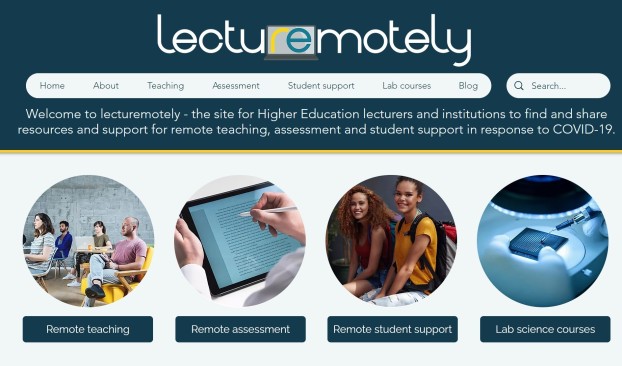I recently found time to write an outline of an activity I ran for a few years on a second year module. As an alternative to writing a traditional essay, students were asked to produce a POSTnote (my notes can be found here). POSTnotes are briefings for members of the UK House of Commons and/or House of Lords, produced by the Parliamentary Office of Science and Technology.
This was a nice task, an “authentic assessment” with real-world relevance, in which the students developed literature searching skills, an ability to write for a non-expert audience and an awareness of ways in which Government policy can be developed and informed.
Sadly, an increase in the number of students on the relevant module made the activity unsustainable. I am, however, aware of at least three UK HEIs that are now running a task based on this model, so I include the notes in the hope that they can be useful for colleagues at additional universities. Please feel free to contact me for more details.

See the detailed description of the task at
here
UPDATE (19th August): Thanks to a prompt from colleague Prof Graham Scott (Hull), I became aware of the new National Teaching Repository (housed at Edge Hill). I deposited this work there, snd ss a result it now has a DOI https://doi.org/10.25416/edgehill.12826526.v2
August 12, 2020
Categories: education, learning, pedagogy, public understanding of science, science, teaching . Tags: authentic assessment, digital literacy, POSTnote, Public engagement, Science communication, Transferable skills, writing skills . Author: Chris Willmott . Comments: Leave a comment




